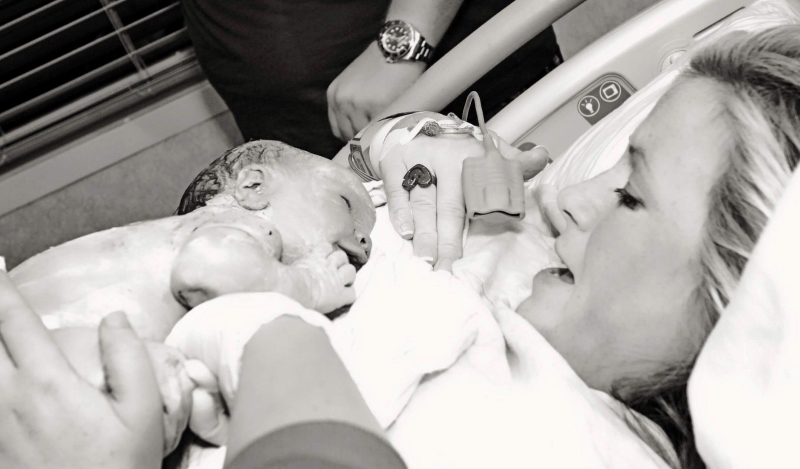Preeclampsia, Labor Pains and a Beautiful Baby Boy
“My first son, Logan, was delivered in 2007 by Cherokee Women’s Health. This time, I had a different OB/GYN. I was so worried because I thought she knew nothing about me or my issues during the pregnancy since I had been seeing Dr. Litrel during my entire pregnancy, and had to be induced at 36 weeks due to preeclampsia. To make a very long story short, this OB/GYN was also a complete blessing to me and my family. “Logan had some issues when he was born so he had to stay in the hospital for eleven days. My doctor didn’t have to check on me during this time but she made a point to come up to my room numerous times to make sure I was okay.” “The labor was agonizing and tiring but my OB stayed with me through the entire thing. From then on I considered her not only my doctor but a friend. Since then she has seen me through two miscarriages, with lots of testing to find out the reason, a long second pregnancy full of both worry and pure joy, and the amazing pain-free birth of my second son Jaxon Luke Parker. I appreciate Cherokee Women’s Health so very much!!” For more information or to schedule an appointment, call 770.720.7733 or visit Cherokee Women’s Health Specialists or request an appointment online.



